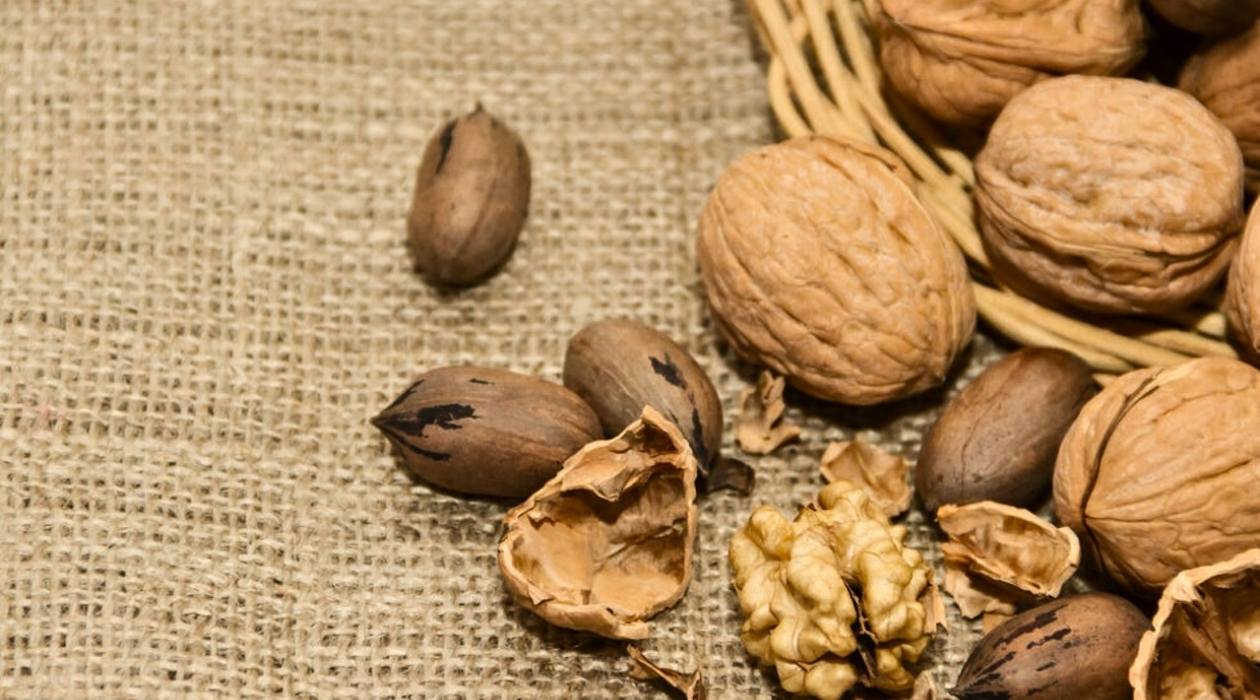

Articles
How To Store Shelled Walnuts And Pecans
Modified: October 27, 2024
Learn how to store shelled walnuts and pecans with these helpful articles. Keep your nuts fresh and flavorful for longer with proper storage techniques.
(Many of the links in this article redirect to a specific reviewed product. Your purchase of these products through affiliate links helps to generate commission for Storables.com, at no extra cost. Learn more)
Introduction
Shelled walnuts and pecans are not only delicious and versatile, but they are also packed with nutrients and healthy fats. However, to fully enjoy their flavor and retain their nutritional value, it’s essential to store them properly. Correct storage methods can help prevent spoilage, maintain their crispness, and extend their shelf life.
When it comes to storing shelled nuts like walnuts and pecans, factors such as temperature, moisture, and exposure to air are crucial. By following some simple guidelines, you can ensure that your shelled nuts stay fresh and flavorful for an extended period.
In this article, we will explore the best storage practices for shelled walnuts and pecans. Whether you plan to store them in the pantry, refrigerator, or freezer, we will provide you with valuable tips to keep your nuts in top condition.
So, let’s dive in and discover how to properly store shelled walnuts and pecans to maximize their freshness and flavor!
Key Takeaways:
- Proper storage of shelled walnuts and pecans is crucial to maintain their freshness and flavor. Follow temperature guidelines and use airtight containers to preserve their quality in the pantry, refrigerator, or freezer.
- Thaw frozen shelled nuts slowly in the refrigerator to retain their texture and flavor. Avoid direct heat sources and refreezing to ensure the nuts maintain their optimal quality for culinary use.
Read more: How To Store Walnuts In Shell
Proper Storage Temperature for Shelled Nuts
The storage temperature plays a vital role in maintaining the quality and shelf life of shelled walnuts and pecans. It’s important to keep them at the appropriate temperature to avoid spoilage and preserve their natural flavors.
The ideal storage temperature for shelled nuts is between 32°F (0°C) and 45°F (7°C). At this temperature range, the nuts remain fresh, and their natural oils stay stable, preventing them from turning rancid. It’s essential to store them in a cool and dry place to maintain their quality.
If the temperature exceeds the recommended range, such as in a warm pantry or near a heat source, the nuts are susceptible to spoilage and can become stale. On the other hand, extremely low temperatures, such as in the freezer, can cause the nuts to lose their unique texture and flavor.
To ensure the best storage conditions, consider the following options:
- Pantry: If you plan to use the shelled nuts within a few weeks, storing them in a cool and dark pantry is a suitable option. Ensure that the pantry is away from direct sunlight and any sources of heat.
- Refrigerator: If you want to extend the shelf life of shelled nuts for several months, the refrigerator is your best bet. Place the nuts in an airtight container or resealable bag and store them in the main refrigerator compartment, away from moisture sources like the crisper drawer.
- Freezer: If you want to store shelled nuts for an extended period, such as several months to a year, freezing them is the most effective method. Properly wrapped and sealed in an airtight container or freezer bag, shelled nuts can retain their quality and freshness in the freezer.
By storing your shelled walnuts and pecans at the correct temperature, you can ensure they maintain their taste, texture, and nutritional benefits for as long as possible.
Choosing the Right Container
When it comes to storing shelled walnuts and pecans, choosing the right container is crucial. The container you use should effectively protect the nuts from exposure to air, moisture, and light, which can cause them to spoil and lose their quality over time.
Here are some factors to consider when selecting a container for storing shelled nuts:
- Airtight: Ensure that the container you choose is airtight to prevent air from entering and causing the nuts to oxidize. Oxidation can lead to a loss in flavor and the development of stale or rancid tastes.
- Opaque: Opt for an opaque container that blocks out light. Light exposure can accelerate the degradation of the nuts and cause them to become stale or develop off-flavors.
- Non-reactive: Choose a container made from non-reactive materials such as glass, stainless steel, or food-grade plastic. Reactive containers can impart off-flavors and odors to the nuts.
- Size: Use a container that is appropriately sized for the amount of nuts you plan to store. Leaving excessive headspace in the container can allow air to circulate and reduce the nuts’ freshness.
One popular option for storing shelled nuts is a glass jar with a tight-fitting lid. Mason jars or other similar airtight containers work exceptionally well. Make sure to clean the container thoroughly and dry it completely before adding the nuts to prevent any potential moisture buildup.
If you prefer using plastic containers, ensure they are specifically designed for storing food and are BPA-free. Plastic bags or resealable freezer bags can also be used, especially for storing nuts in the freezer.
Remember to label the container with the date of storage, especially if you plan to store the nuts for an extended period. This will help you keep track of their freshness and ensure you use the oldest nuts first.
By selecting the right container, you can provide a suitable environment for your shelled walnuts and pecans, preserving their flavor and quality throughout their storage period.
Keeping Shelled Walnuts and Pecans Fresh
Keeping shelled walnuts and pecans fresh is essential to enjoy their optimal taste and texture. By following a few simple guidelines, you can extend the freshness of your nuts and ensure that they remain delicious for a longer period.
Here are some tips to help you keep your shelled walnuts and pecans fresh:
- Separate from other foods: To avoid cross-contamination of flavors and odors, store your shelled nuts separately from other strong-smelling foods. They can absorb odors easily, which can alter their taste and aroma.
- Avoid moisture: Moisture is the enemy of freshness for shelled nuts. Keep them away from any sources of moisture, such as the vegetable drawer in the refrigerator. Moisture can lead to the development of mold or make the nuts go rancid more quickly.
- Avoid direct sunlight: Exposure to direct sunlight can cause the nuts to become stale and lose their flavor. Store them in a cool, dark place to maintain their quality.
- Don’t shell them in advance: It is best to store shelled nuts rather than shell them in advance. The protective shell helps keep the nuts fresher for a longer time. Once shelled, the nuts are more vulnerable to moisture and air, which can accelerate the loss of flavor and texture.
- Check for rancidity: Before consuming or using the nuts in recipes, always check for signs of rancidity. Rancid nuts have a noticeably off smell and taste, often described as bitter or unpleasant. Discard any nuts that exhibit these characteristics.
By following these guidelines, you can preserve the freshness and flavor of your shelled walnuts and pecans, ensuring that they remain a delightful addition to your recipes and snacks.
Storing Shelled Nuts in the Pantry
If you plan to use your shelled walnuts and pecans within a few weeks, storing them in the pantry is a practical and convenient option. However, it’s important to follow certain guidelines to ensure they remain fresh and flavorful during this storage period.
Here’s how to properly store shelled nuts in the pantry:
- Choose an airtight container: Select a clean, airtight container that can effectively seal out air and moisture. A glass jar with a tight-fitting lid or a sturdy plastic container with a secure seal is ideal.
- Keep away from heat and light: Place the container of shelled nuts in a cool and dark spot in the pantry, away from direct sunlight and any sources of heat like the stovetop or oven. Exposure to heat and light can accelerate the nuts’ deterioration and cause them to become stale.
- Label and date: It’s a good practice to label the container with the date of storage. This helps you keep track of the freshness of the nuts and ensures that you use the oldest ones first.
When properly stored in the pantry, shelled walnuts and pecans can maintain their quality for several weeks. However, keep in mind that the pantry environment can vary, and factors such as temperature fluctuations and humidity levels can affect the nuts’ freshness. Be sure to periodically check the quality of the nuts and discard any that show signs of spoilage or rancidity.
Remember that storing nuts in the pantry is more suitable for short-term storage. If you want to extend their shelf life for several months, it’s best to consider other storage options such as refrigeration or freezing, which we will discuss in the following sections.
By following these storage guidelines, you can enjoy the convenience of having readily accessible shelled nuts in your pantry while keeping them fresh and delicious.
Store shelled walnuts and pecans in an airtight container in the refrigerator or freezer to keep them fresh. This will help prevent them from becoming rancid due to their high oil content.
Read more: How To Store Walnuts
Storing Shelled Nuts in the Refrigerator
If you want to extend the shelf life of shelled walnuts and pecans for several months, storing them in the refrigerator is a great option. The cool temperature of the fridge helps to slow down the natural degradation of the nuts and preserves their freshness.
Here’s how to properly store shelled nuts in the refrigerator:
- Choose an airtight container: Select a container that is airtight and will effectively seal out air and moisture. Glass jars with tight-fitting lids, plastic containers with a secure seal, or heavy-duty resealable bags are great options.
- Place in the main compartment: Store the container of shelled nuts in the main compartment of the refrigerator, rather than the door or the crisper drawer. The main compartment has a more consistent temperature, which is ideal for preserving the nuts’ freshness.
- Avoid moisture sources: Ensure that the nuts are kept away from any moisture sources in the refrigerator. Moisture can lead to the development of mold or cause the nuts to become soft and lose their crunchiness.
- Label and date: It’s important to label the container with the date of storage, especially if you plan to keep the nuts in the refrigerator for an extended period. This allows you to keep track of their freshness and use the oldest ones first.
When stored correctly in the refrigerator, shelled walnuts and pecans can maintain their quality for several months. However, keep in mind that while the refrigerator can help prolong their shelf life, it can also cause the nuts to absorb odors from other foods. It’s a good practice to store them in a separate section or use odor-neutralizing products like baking soda to minimize any potential flavor transfer.
Before using the nuts, allow them to come to room temperature to enjoy their full flavor and texture. Refrigerating the nuts can make them slightly firmer, so giving them time to warm up helps to restore their natural crunchiness.
By following these storage guidelines, you can enjoy the extended freshness of your shelled walnuts and pecans, making them a versatile and nutritious addition to your meals and snacks.
Storing Shelled Nuts in the Freezer
If you want to store shelled walnuts and pecans for an extended period, such as several months to a year, freezing them is the best option. Freezing helps to preserve the freshness and flavor of the nuts, allowing you to enjoy them long after their harvest.
Here’s how to properly store shelled nuts in the freezer:
- Select appropriate packaging: Choose a packaging method that provides excellent protection against moisture and air. Options include airtight containers, heavy-duty freezer bags, or vacuum-sealed bags. Ensure that the packaging is sturdy and free from any existing damage.
- Pre-freeze for better preservation: For enhanced preservation, consider pre-freezing the nuts on a baking sheet for a couple of hours before transferring them to the final storage container. This prevents the nuts from clumping together and makes it easier to remove individual quantities as needed.
- Label and date: It is crucial to label the packaging with the date of freezing. This allows you to keep track of their storage duration and ensures that you use the oldest nuts first.
- Place in the freezer: Store the packaged shelled nuts in the coldest part of the freezer, away from any temperature fluctuations. This is usually in the back of the freezer or in a dedicated freezer compartment.
Frozen shelled walnuts and pecans can maintain their quality for up to a year if stored properly. However, keep in mind that freezing can affect the texture of the nuts. They may become slightly softer once thawed, so it’s best to use them in recipes where this texture change won’t be noticeable, such as baking or cooking.
When you’re ready to use the frozen nuts, thaw them in the refrigerator overnight or at room temperature for a few hours. Avoid thawing them in warm water or in the microwave, as rapid temperature changes can affect their quality.
By following these storage guidelines, you can enjoy the convenience of having frozen shelled walnuts and pecans available at any time, allowing you to incorporate their delicious flavor and nutritional benefits into your favorite dishes.
Tips for Extending Shelf Life
Extending the shelf life of shelled walnuts and pecans is advantageous, as it allows you to enjoy their freshness and flavor for a longer period. By following these helpful tips, you can maximize the shelf life of your nuts:
- Store in optimal conditions: Keep the nuts in a cool, dry place with a temperature between 32°F (0°C) and 45°F (7°C). Avoid exposing them to heat, sunlight, and moisture, as these factors can accelerate spoilage.
- Choose the right packaging: Use airtight containers or heavy-duty freezer bags to protect the nuts from air, moisture, and light. The packaging should be sturdy and free from any existing damage.
- Keep them away from strong odors: Store shelled nuts separately from strong-smelling foods to prevent them from absorbing unwanted odors or flavors.
- Label and date: Always label the storage container with the date of storage. This will help you keep track of the nuts’ freshness and ensure that you use the oldest ones first.
- Rotate your stock: When you purchase new shelled nuts, add them to the back of your existing stock. This way, you will use the older nuts first, reducing the chances of them going past their prime.
- Frequently check for rancidity: Periodically inspect the nuts for any signs of rancidity, such as an off smell, bitter taste, or unusual appearance. Discard any nuts that show these signs, as they may have gone bad.
- Proper portion control: Consider portioning out the nuts into smaller quantities before storage. This way, you only need to expose a portion of the nuts to air while keeping the rest safely sealed.
Following these tips will help you extend the shelf life of your shelled walnuts and pecans, ensuring that they remain fresh, flavorful, and ready to enjoy for an extended period.
Properly Thawing Frozen Shelled Nuts
When you’re ready to use your frozen shelled walnuts and pecans, it’s important to properly thaw them to ensure they retain their quality and texture. Improper thawing can lead to a loss of flavor and texture, so follow these guidelines to thaw your nuts correctly:
- Refrigerator thawing: The best method for thawing frozen nuts is to transfer them from the freezer to the refrigerator. Place the sealed container or bag of nuts in the refrigerator and allow them to thaw slowly overnight or for several hours. This gradual thawing process helps preserve the nuts’ texture and flavor.
- Room temperature thawing: If you need to thaw the nuts quickly, you can do so at room temperature. Take the sealed container or bag of frozen nuts out of the freezer and allow them to sit at room temperature for a few hours. However, keep in mind that this method may result in slightly softer nuts compared to refrigerated thawing.
- Avoid direct heat: Do not use direct heat sources such as microwave, stovetop, or hot water to thaw frozen nuts. Rapid temperature changes can affect the texture and taste of the nuts.
- Avoid refreezing: Once the nuts are thawed, it’s best to use them immediately. Refreezing can cause the nuts to become mushy and compromise their quality.
After thawing, the nuts may have a slightly softer texture than when they were fresh. However, they are still perfectly safe to consume and can be used in a variety of culinary applications, such as baking, cooking, or as a topping for salads or desserts.
Remember to store any unused portions of thawed nuts in an airtight container in the refrigerator to maintain their freshness. If you have thawed more nuts than you need, you can safely refreeze them once cooked or incorporated into a recipe for later use. Just be aware that additional freezing and thawing may further affect the texture.
By following these proper thawing methods, you can enjoy the full flavor and texture of your frozen shelled walnuts and pecans, ensuring that they enhance your culinary creations with their natural goodness.
Read more: How To Store Candied Walnuts
Conclusion
Properly storing shelled walnuts and pecans is essential to maintain their freshness, flavor, and nutritional value. Whether you choose to store them in the pantry, refrigerator, or freezer, following the appropriate guidelines will ensure that your nuts stay in optimal condition.
By storing shelled nuts in a cool, dark place, away from heat and moisture, you can extend their shelf life and prevent spoilage. Choosing the right container, such as an airtight and opaque one, helps protect the nuts from air, light, and odors, further preserving their quality.
The pantry is suitable for short-term storage, while the refrigerator can prolong the shelf life of shelled nuts for several months. Freezing is the best option for long-term storage, as it allows you to enjoy the nuts’ freshness and flavor up to a year.
To ensure the longevity of your shelled nuts, follow proper thawing techniques when transitioning from the freezer to room temperature. Thawing them in the refrigerator is the most recommended method, preserving their texture and taste.
Remember to check for signs of rancidity periodically and discard any nuts that have gone bad. Proper portioning, labeling, and rotating your stock will also help maintain the freshness of the nuts and prevent waste.
With these storage and thawing tips in mind, you can savor the delicious taste and nutritional benefits of shelled walnuts and pecans for an extended period. Enjoy these versatile nuts in various recipes, from baked goods and salads to snacks and toppings, knowing that their freshness is preserved through proper storage.
So, go ahead and store those shelled nuts with confidence, knowing that you can enjoy their crunchiness, richness, and nutritional goodness whenever you desire!
Frequently Asked Questions about How To Store Shelled Walnuts And Pecans
Was this page helpful?
At Storables.com, we guarantee accurate and reliable information. Our content, validated by Expert Board Contributors, is crafted following stringent Editorial Policies. We're committed to providing you with well-researched, expert-backed insights for all your informational needs.
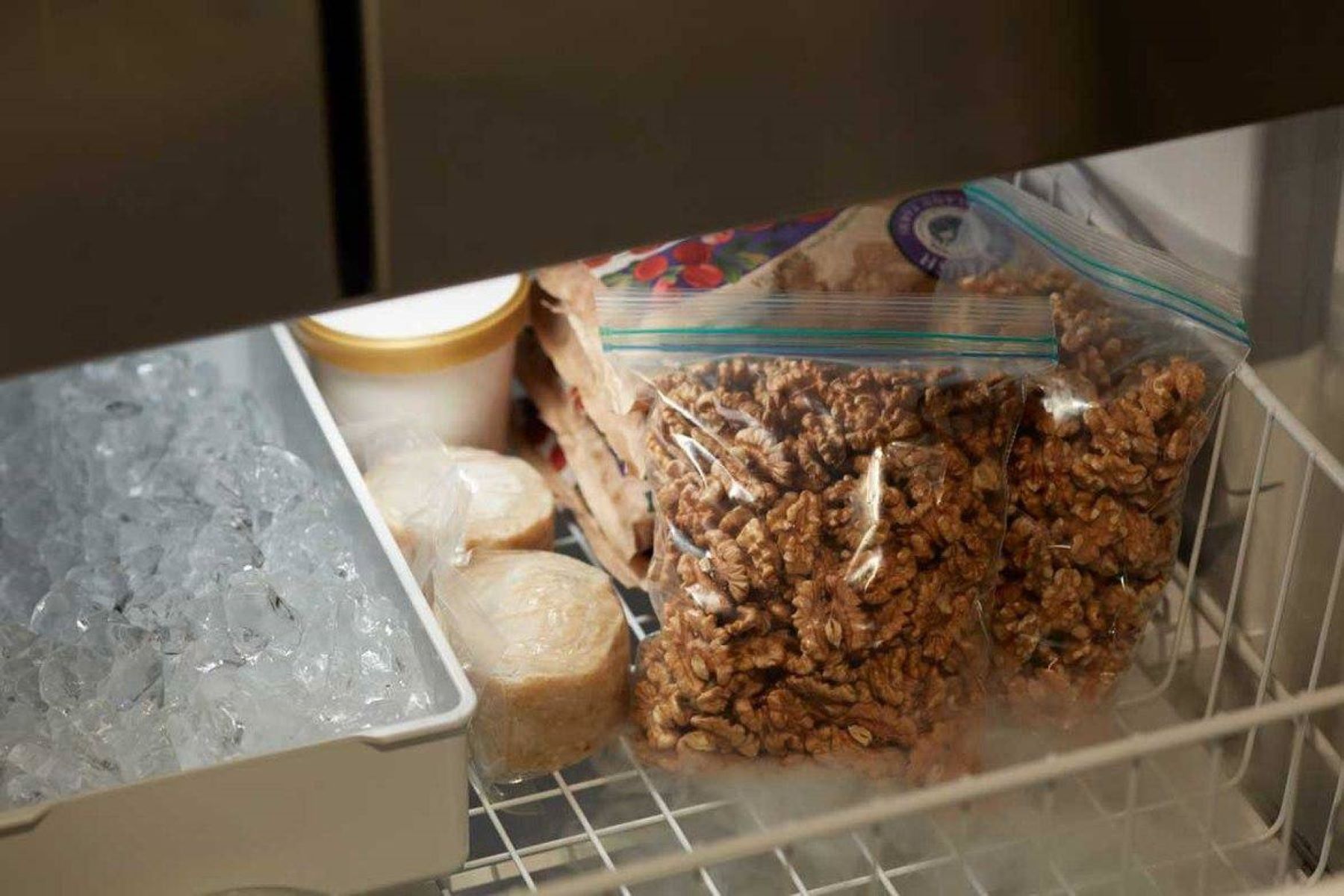
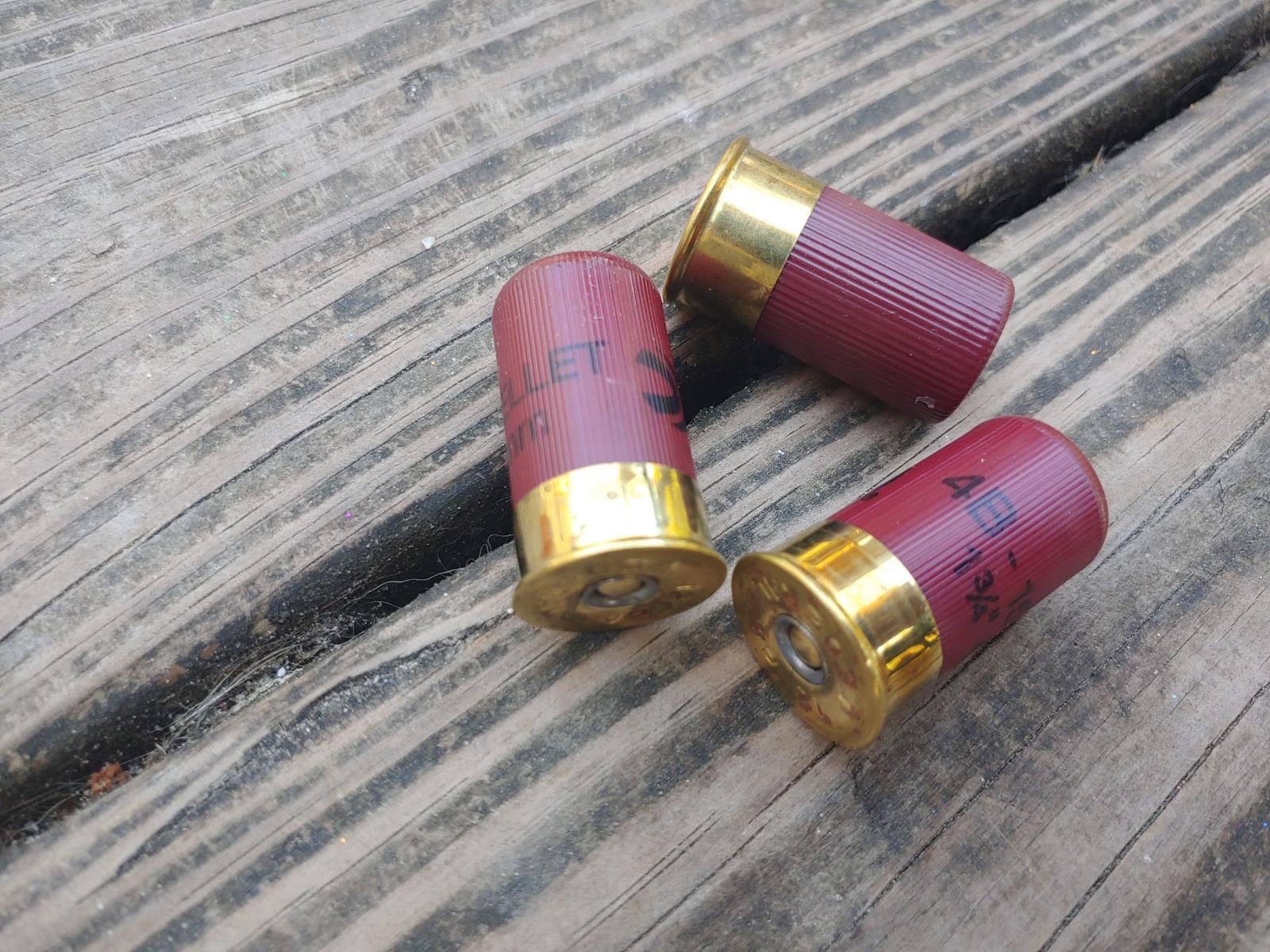
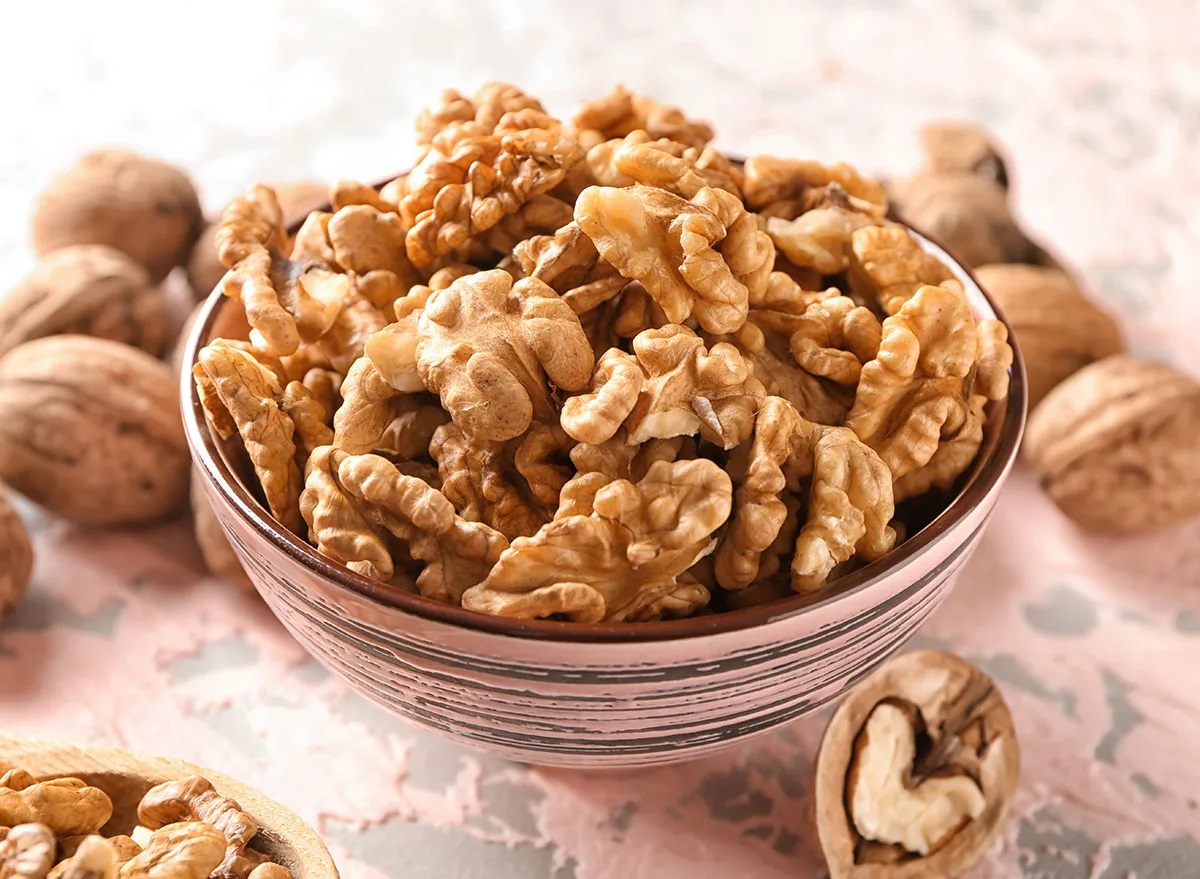

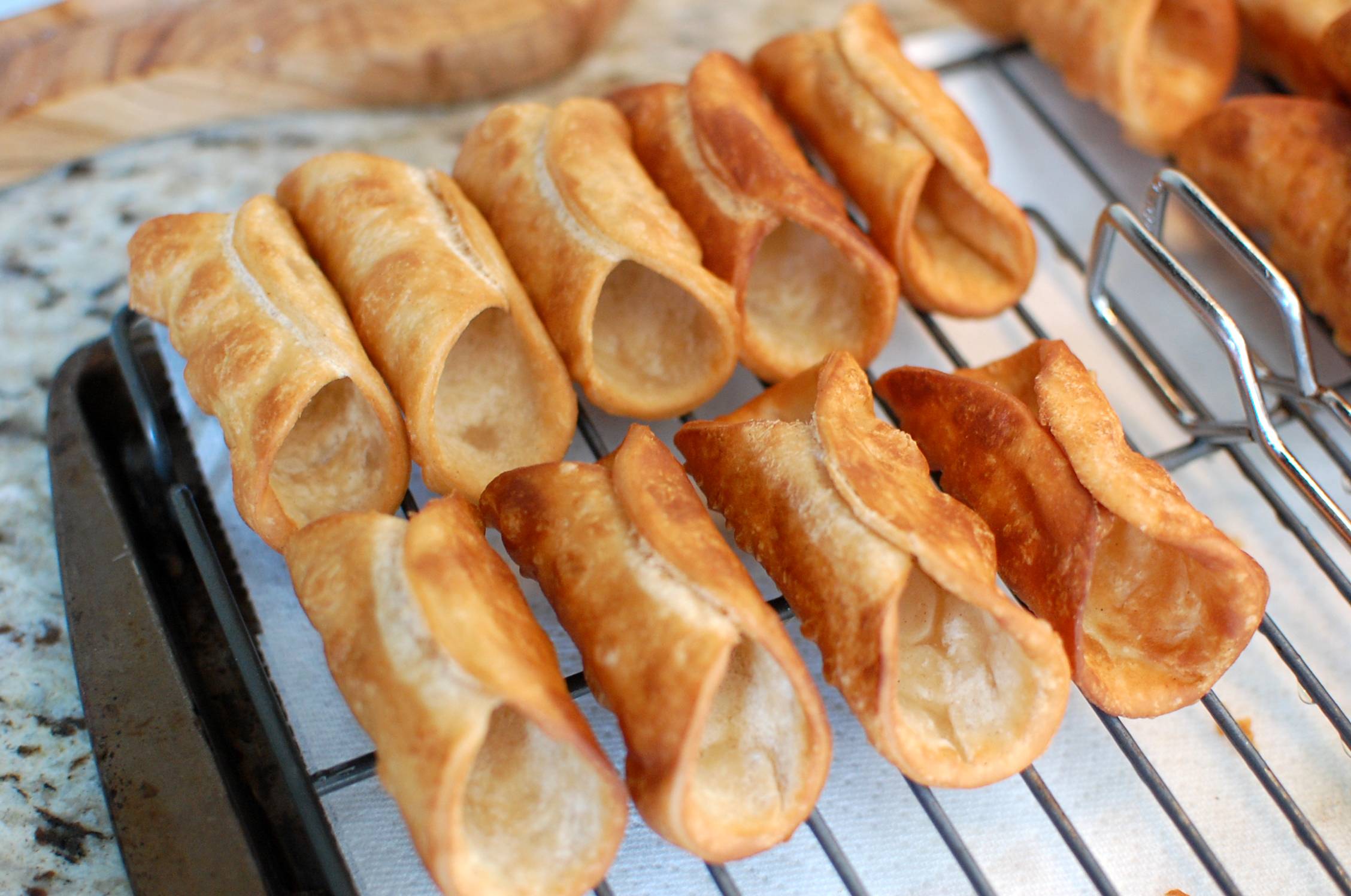
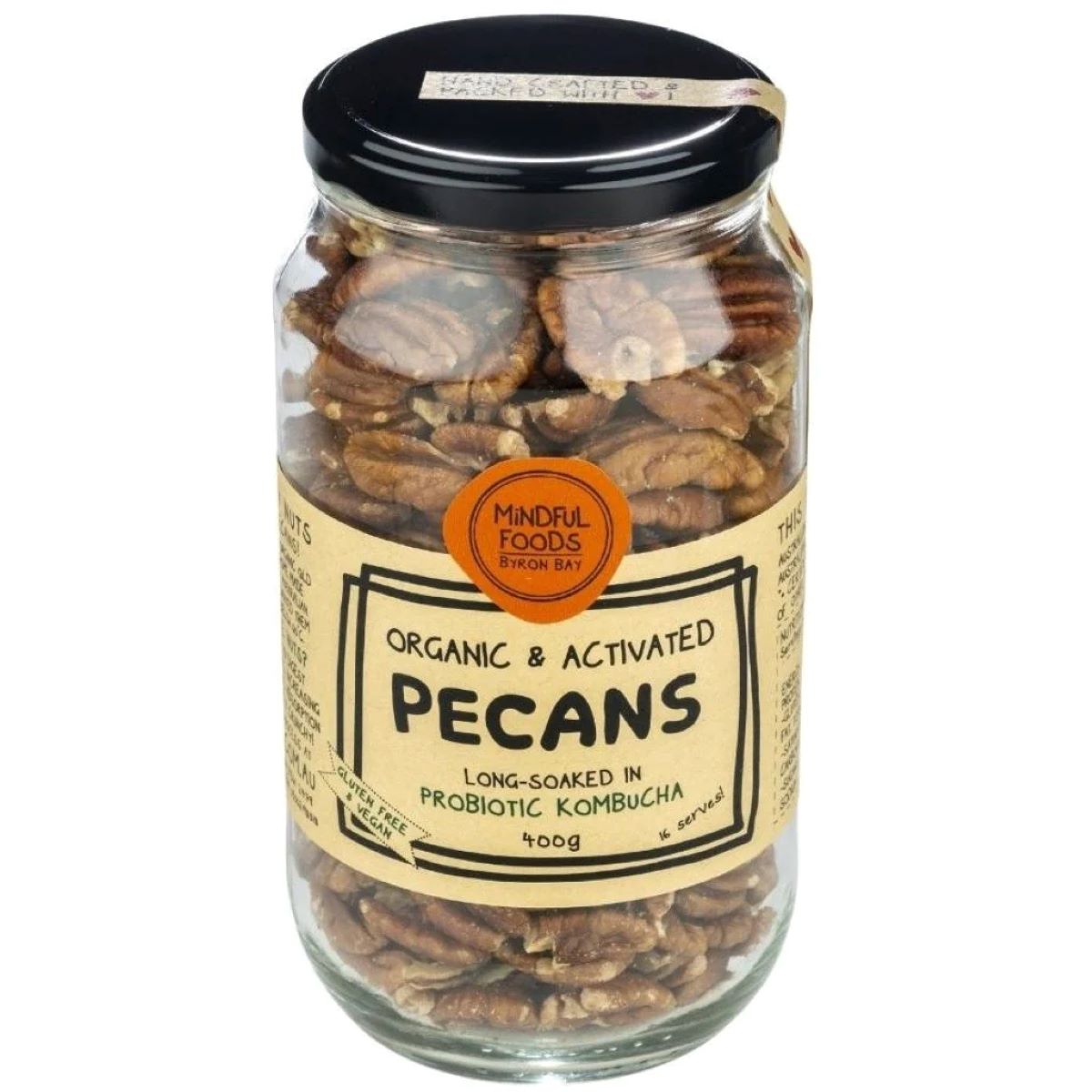
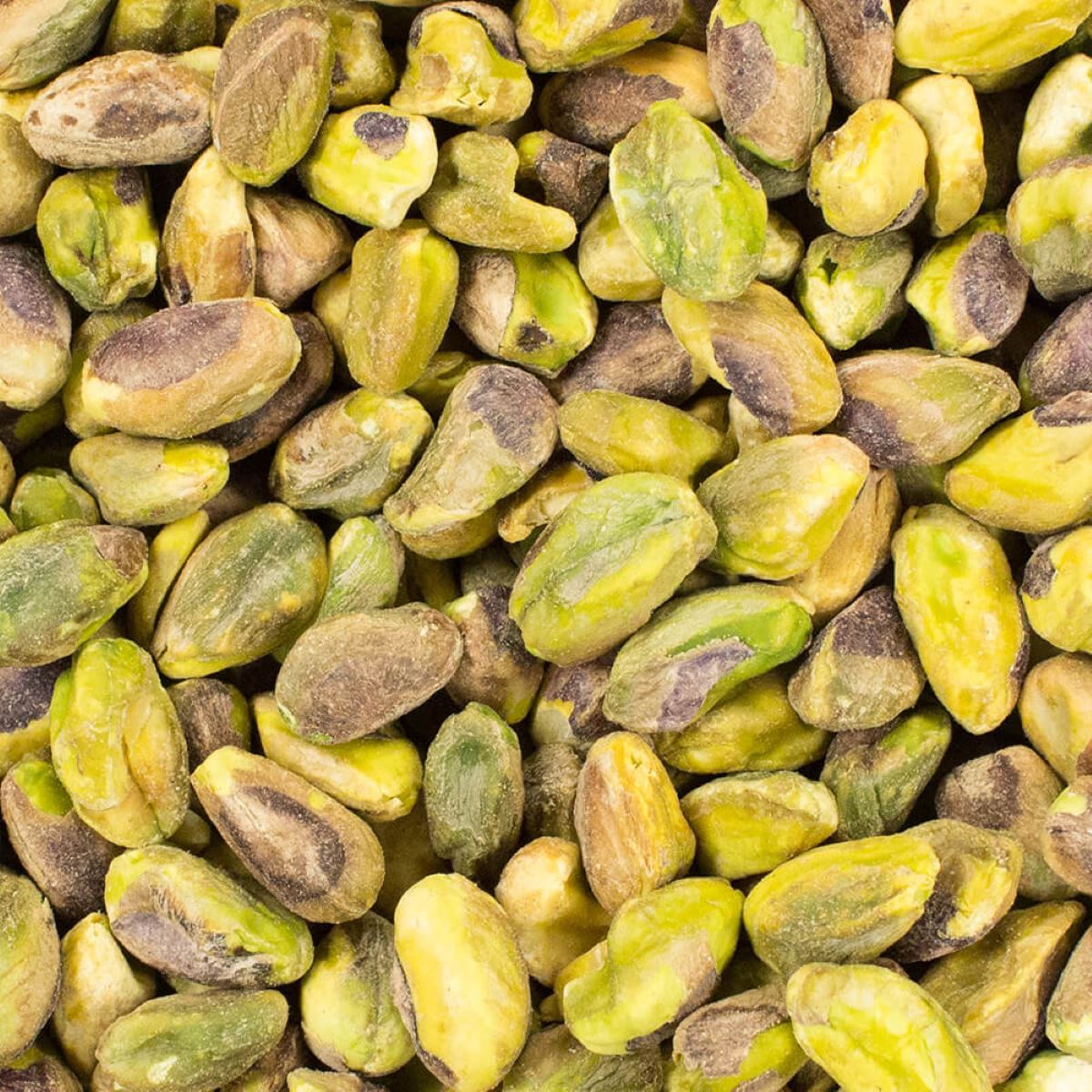
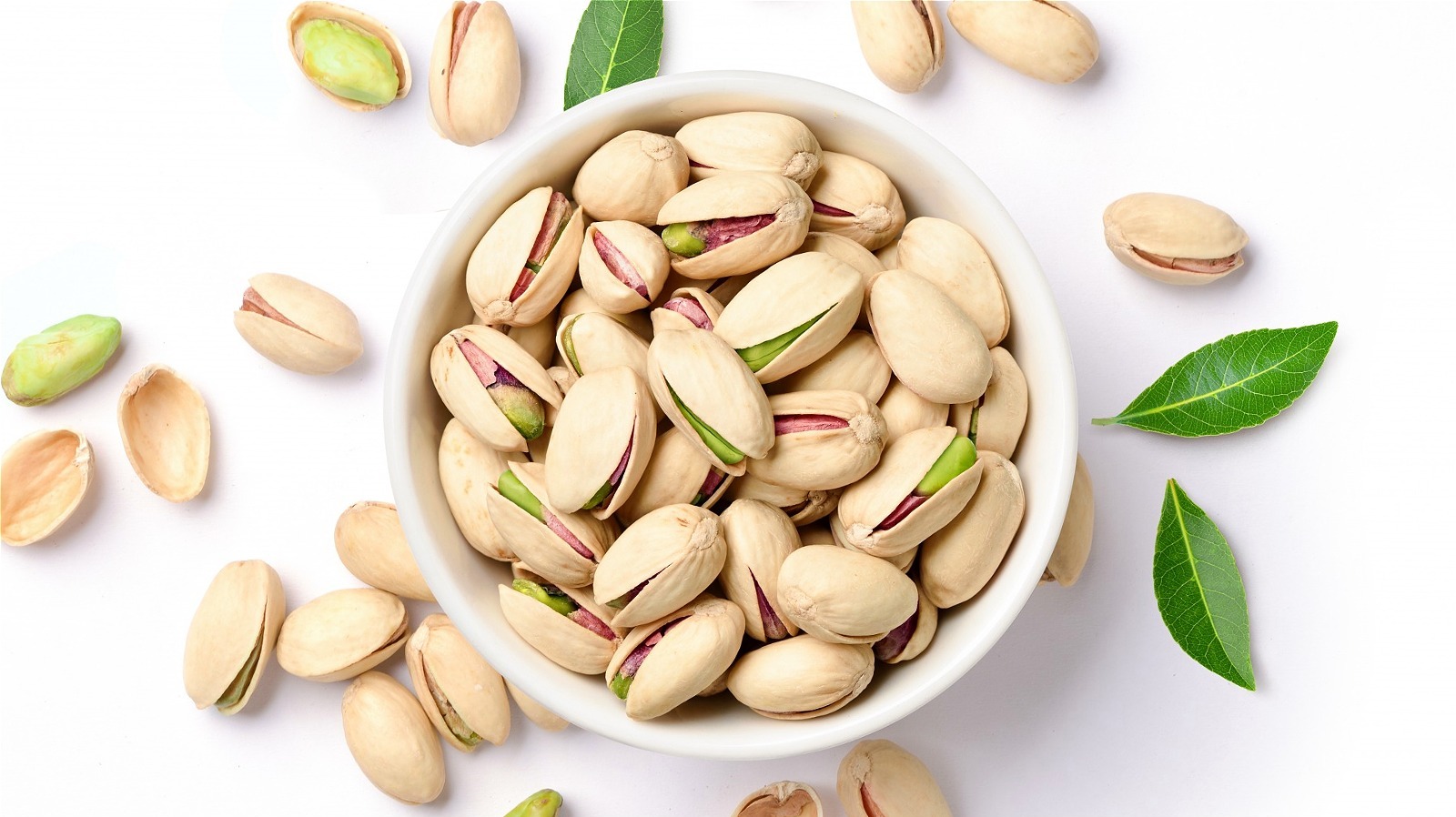
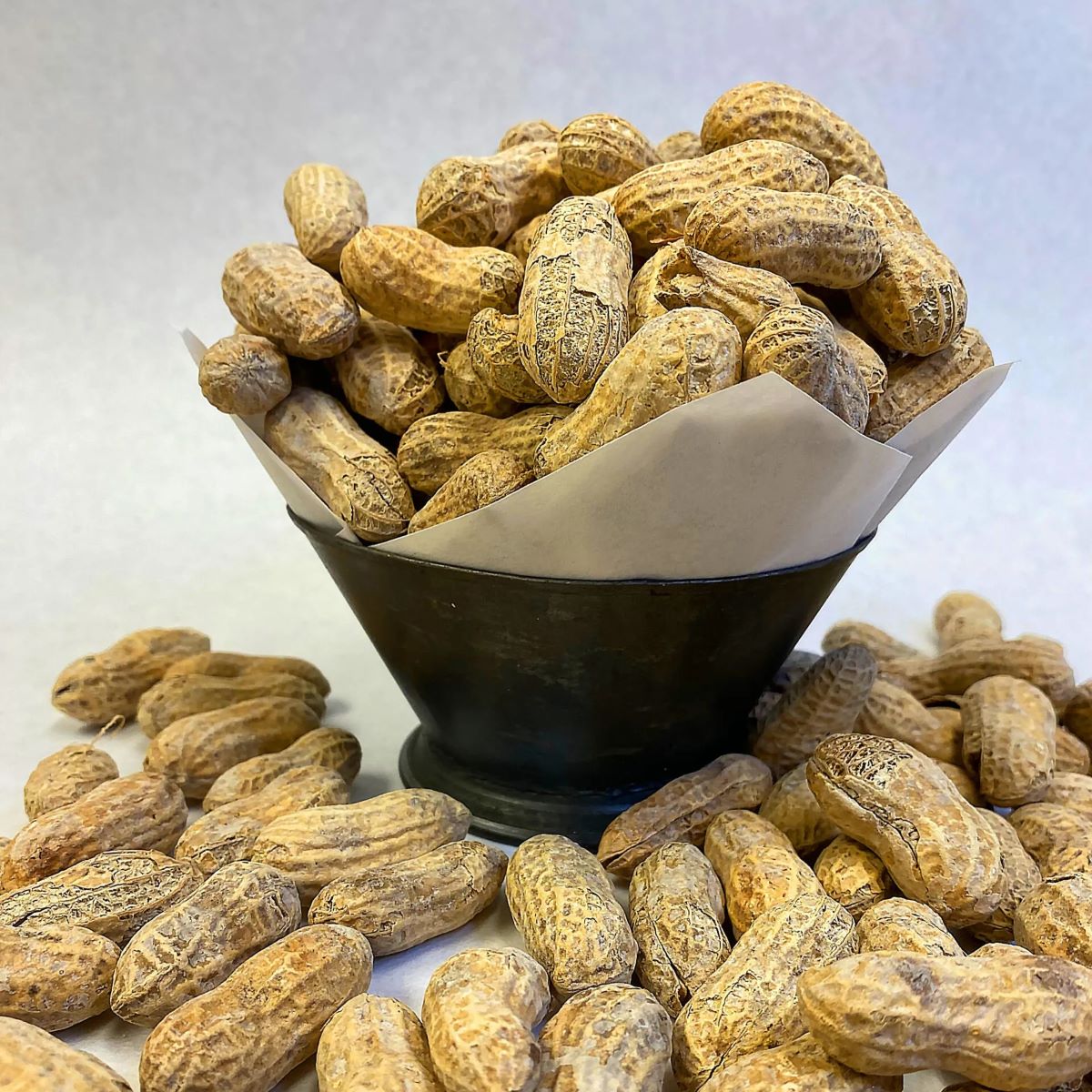
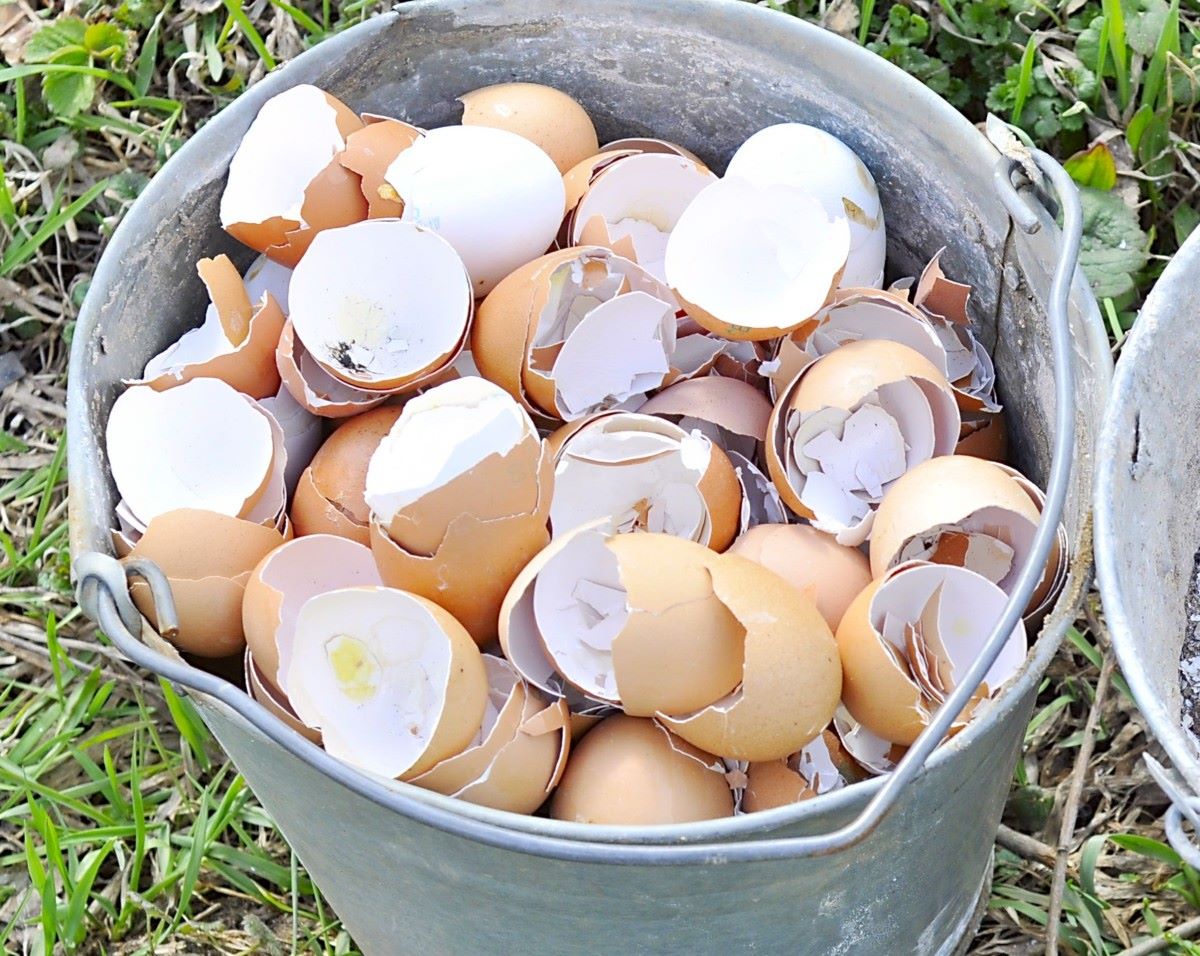
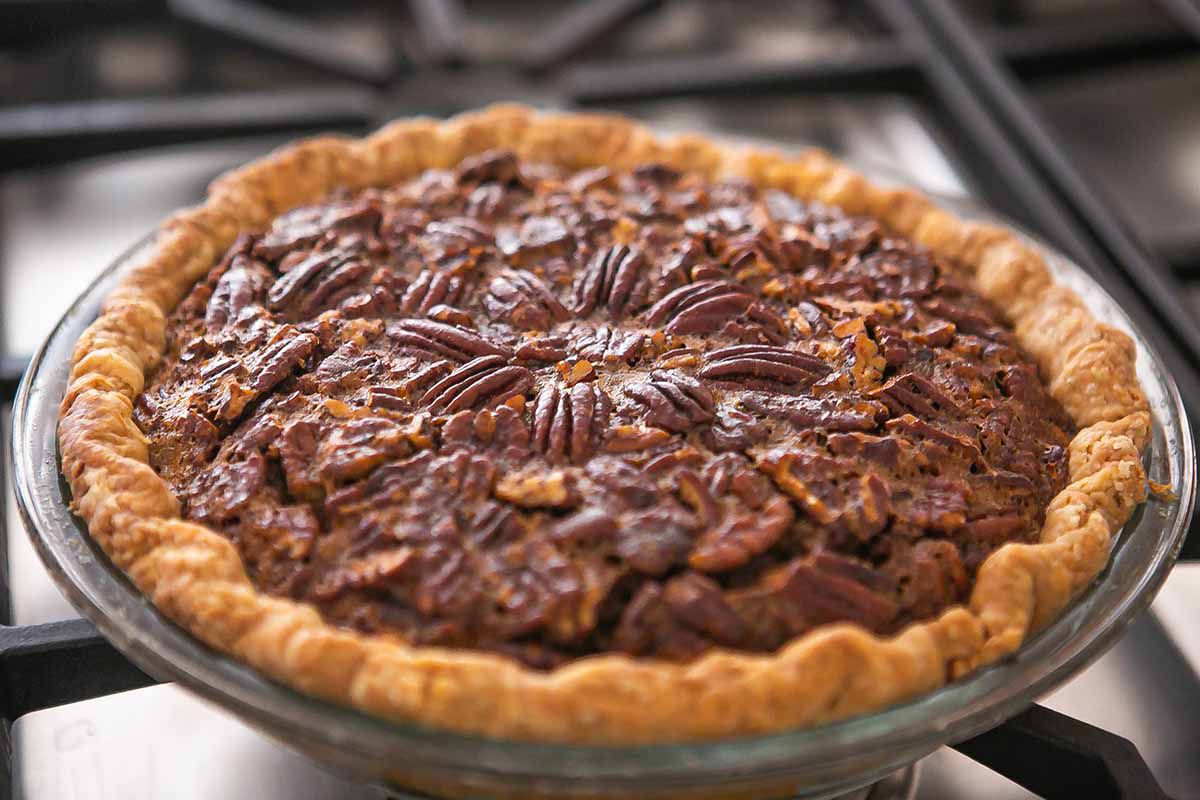

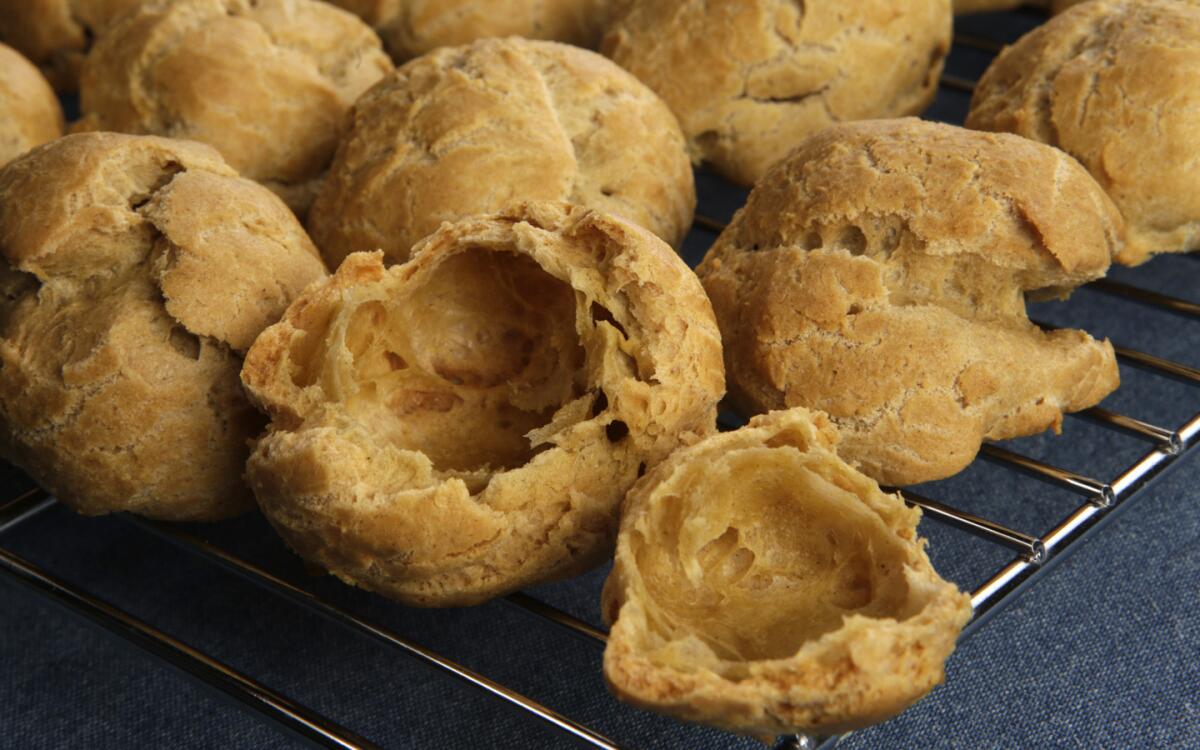

0 thoughts on “How To Store Shelled Walnuts And Pecans”